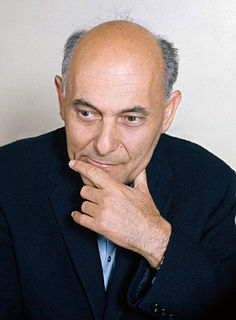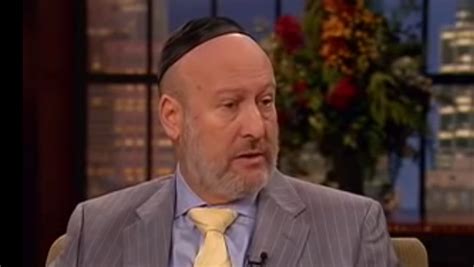A Quote by Georg Solti
Although both sides of my family were religious, I was never forced to practice the Jewish faith. I did not really rebel against it, but then, as today, I disliked organized religion. I have a strange inhibition about praying with others.
Related Quotes
Religion is organized, and spirituality is what the individual feels in his relationship with truth and with God. And although spirituality may be expressed in a religion, many people are spiritual and never go to church. They aren't religious in the sense that they practice a certain type of discipline.
Once Mel Gibson revealed himself to be, like the president, a person of serious religious faith, the gloves came off. Mel Gibson has done a major favor for serious faith, both Jewish and Christian, in America. He has made it "cool" to be religious, but in so doing he has unleashed the hatred of secular America against himself personally, against his work and against his family. God bless him.
The distortions and insults about organized religion will continue unabated as long as our popular culture continues its overall campaign against judgment and values. A war against standards leads logically and inevitably to hostility to religion because it is religious faith that provides the ultimate basis for all standards.
Growing up after the Second World War in a Jewish family, I really understand that, and have members of my family who are very committed to this concept. My grandfather's first name was Israel and he thought it was his country. In my own sense of this issue as an American Jew, I have been on both sides of this. At this point I think it is very important for there to be separation of religion and state. It's not good for Jews. It's not good for Muslims. It's not good for Christians. The marriage of state and religion is inherently problematic.
The three religions because I wanted to discuss faith, not organized religion, so wanted to relativize organized religion by having Pi practice three. I would have like PI to be a Jew, too, to practice Judaism, but there are two religions that are explicitly incompatible: Christianity and Judaism. Where one begins, the other ends, according to Christians, and where one endures, the other strays, according to Jews.



































